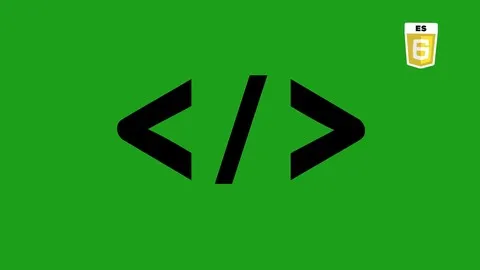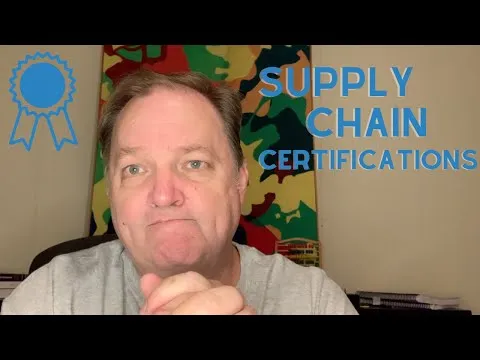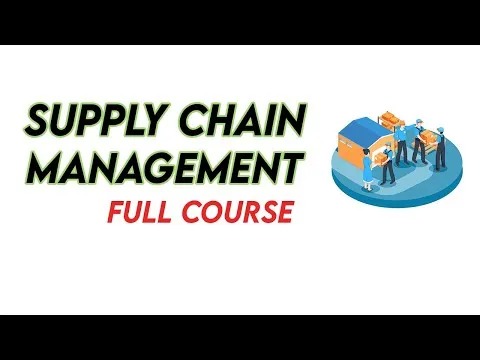
Navigating Healthcare Supply Chain Operations 
This course builds on the foundational knowledge of healthcare supply chain operations acquired in the Introduction to Healthcare Supply Chain Operations course. Participants will be able to apply the knowledge and project plan from the introduction to their own career. Navigating Healthcare Supply Chain Operations provides a deeper dive into the field. ▼
ADVERTISEMENT
Course Feature
![]() Cost:
Cost:
Free
![]() Provider:
Provider:
Coursera
![]() Certificate:
Certificate:
Paid Certification
![]() Language:
Language:
English
![]() Start Date:
Start Date:
17th Jul, 2023
Course Overview
❗The content presented here is sourced directly from Coursera platform. For comprehensive course details, including enrollment information, simply click on the 'Go to class' link on our website.
Updated in [March 06th, 2023]
Navigating Healthcare Supply Chain Operations is a course designed to provide learners with a deeper understanding of healthcare supply chain operations. This course is the continuation of "Introduction to Healthcare Supply Chain Operations" and is intended for those who have already completed the first part of the series. Learners will be able to apply the foundational knowledge and project plan from the introduction to this course.
This course will focus on activities and functions such as inventory control, logistics, procurement, supply chain relationships, information technology systems and innovations, and response to emerging trends. It will introduce various tools and techniques that enhance effective management of supply chain operations in healthcare organizations. Learners will be given the opportunity to apply the course concepts to an operational process improvement project.
[Applications]
Upon completion of this course, participants are encouraged to apply the concepts and tools learned to their own healthcare supply chain operations. They can use the project plan developed in the introduction to create a comprehensive plan for improving their organization's supply chain operations. Additionally, they can use the tools and techniques learned in this course to identify areas of improvement and develop strategies to address them.
[Career Paths]
1. Healthcare Supply Chain Manager: Healthcare supply chain managers are responsible for overseeing the entire supply chain process for a healthcare organization. They are responsible for managing the procurement, inventory, logistics, and distribution of medical supplies and equipment. They must also ensure that the organization is compliant with all applicable regulations and laws. As healthcare organizations continue to expand and become more complex, the demand for healthcare supply chain managers is expected to grow.
2. Healthcare Logistics Manager: Healthcare logistics managers are responsible for managing the transportation and distribution of medical supplies and equipment. They must ensure that the supplies and equipment are delivered on time and in the correct quantities. They must also ensure that the organization is compliant with all applicable regulations and laws. As healthcare organizations continue to expand and become more complex, the demand for healthcare logistics managers is expected to grow.
3. Healthcare Procurement Manager: Healthcare procurement managers are responsible for managing the procurement of medical supplies and equipment. They must ensure that the organization is compliant with all applicable regulations and laws. They must also ensure that the organization is getting the best value for its money when purchasing supplies and equipment. As healthcare organizations continue to expand and become more complex, the demand for healthcare procurement managers is expected to grow.
4. Healthcare Information Technology Manager: Healthcare information technology managers are responsible for managing the information technology systems used by healthcare organizations. They must ensure that the systems are secure and compliant with all applicable regulations and laws. They must also ensure that the systems are up-to-date and able to meet the needs of the organization. As healthcare organizations continue to expand and become more complex, the demand for healthcare information technology managers is expected to grow.
[Education Paths]
1. Bachelor of Science in Supply Chain Management: This degree program provides students with the knowledge and skills needed to manage the supply chain of a business. It covers topics such as logistics, procurement, inventory control, and supply chain relationships. Students will also learn about the latest technologies and innovations in the field, as well as how to respond to emerging trends.
2. Master of Science in Logistics and Supply Chain Management: This degree program focuses on the management of the supply chain of a business. It covers topics such as logistics, procurement, inventory control, and supply chain relationships. Students will also learn about the latest technologies and innovations in the field, as well as how to respond to emerging trends.
3. Master of Business Administration in Supply Chain Management: This degree program provides students with the knowledge and skills needed to manage the supply chain of a business. It covers topics such as logistics, procurement, inventory control, and supply chain relationships. Students will also learn about the latest technologies and innovations in the field, as well as how to respond to emerging trends.
4. Doctor of Philosophy in Supply Chain Management: This degree program provides students with the knowledge and skills needed to manage the supply chain of a business. It covers topics such as logistics, procurement, inventory control, and supply chain relationships. Students will also learn about the latest technologies and innovations in the field, as well as how to respond to emerging trends. Additionally, students will gain an understanding of the research methods used in the field and will be able to apply them to their own research projects.
Course Provider

Provider Coursera's Stats at AZClass
Navigating Healthcare Supply Chain Operations builds on the fundamentals of healthcare supply chain operations acquired in the Introduction to Healthcare Supply Chain Operations course. Participants will be able to apply the knowledge and project plans in the introduction to their own professional life. Healthcare Supply Chain Operations Navigator provides a deeper understanding of the field. Learners gain an understanding of the fundamentals of healthcare supply chain operations, including inventory control, logistics, procurement, supply chain relationships, information technology systems and innovations, and responses to emerging trends. They can also learn about the tools and techniques used to effectively manage a healthcare organization's supply chain operations.
Discussion and Reviews
0.0 (Based on 0 reviews)
Explore Similar Online Courses

ES6 - EcmaScript Fast Crash Course

Free Google Flutter Tutorial - Pre-Flutter & Dart: Everything To Know Before You Start!

Python for Informatics: Exploring Information

Social Network Analysis

Introduction to Systematic Review and Meta-Analysis

The Analytics Edge

DCO042 - Python For Informatics

Causal Diagrams: Draw Your Assumptions Before Your Conclusions

Whole genome sequencing of bacterial genomes - tools and applications

MIT Free Supply Chain Management Courses

What Are Good Supply Chain Certifications?


Start your review of Navigating Healthcare Supply Chain Operations